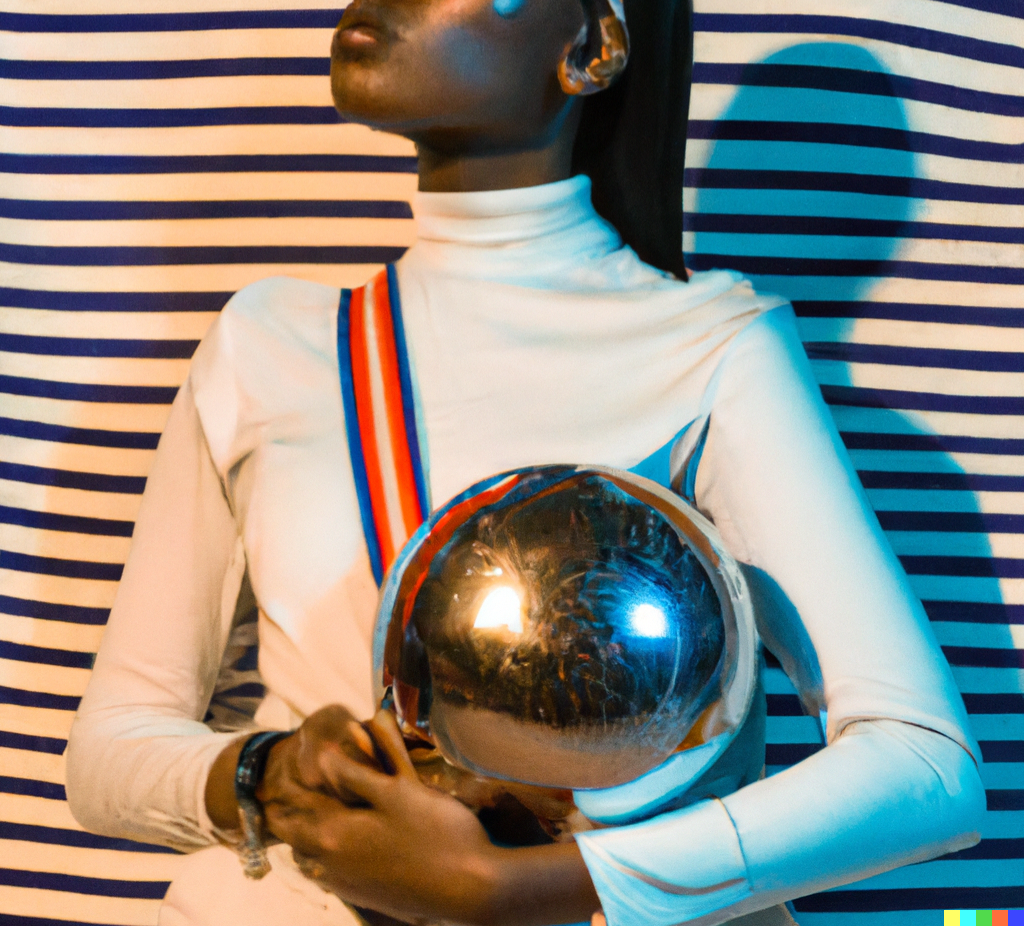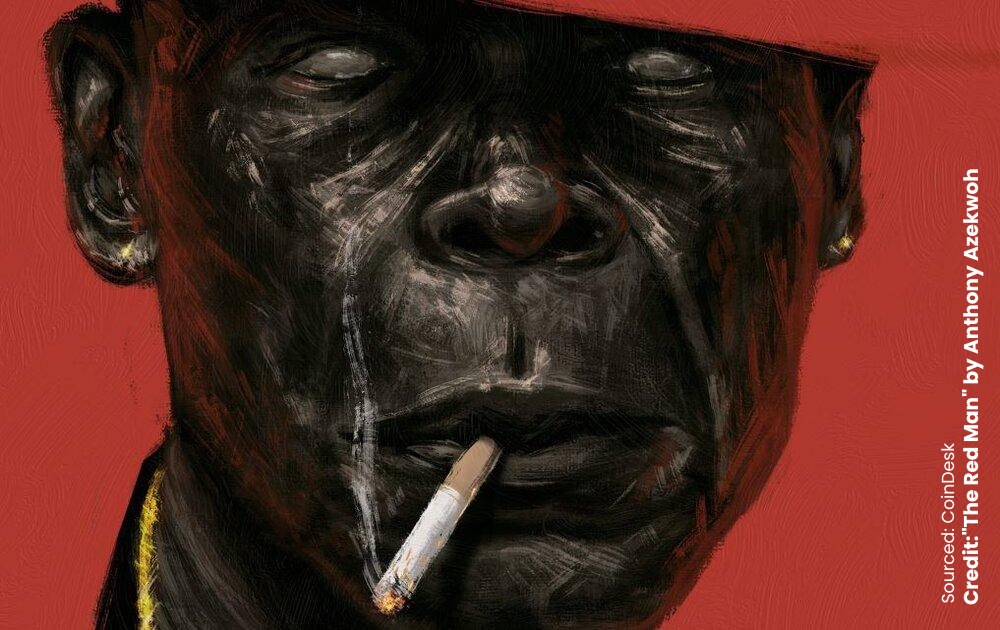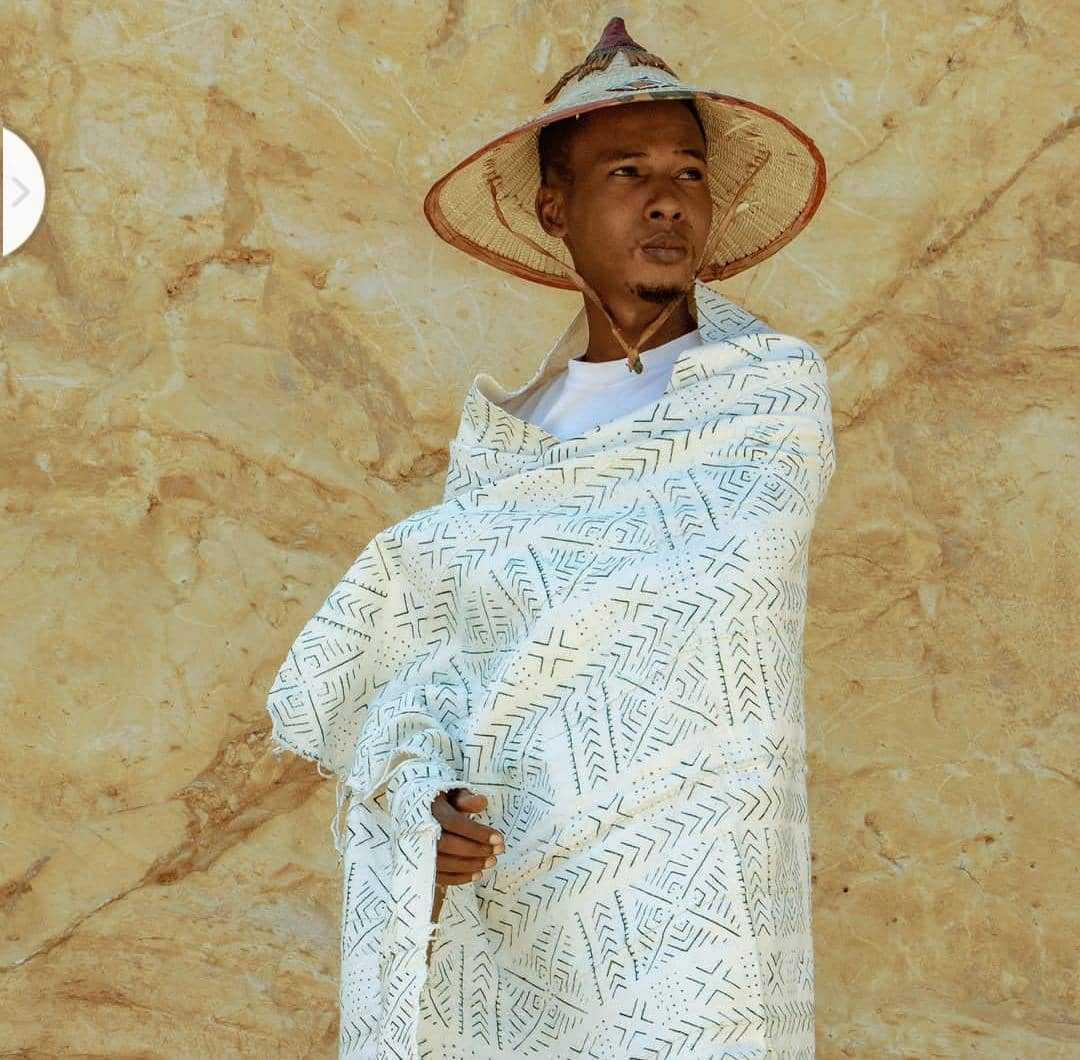Afrofuturism: Reimagining Africa’s Future

What if Africa had never been colonised? What if its people had developed advanced technologies and explored the cosmos? What if its culture and history had influenced the world in even more profound ways? These are some of the questions that Afrofuturism asks and answers.
Afrofuturism is a cultural movement that blends science fiction, fantasy, and magical realism with African cultural and historical references. It is a way of reimagining Africa’s past, present, and future and challenging and subverting negative stereotypes about the continent and its people. It is a movement that celebrates African culture, creativity, and innovation and seeks to redefine what it means to be African in the 21st century.
The term "Afrofuturism" was coined by American cultural critic Mark Dery in 1993, but the movement has its roots in the late 20th century, with the publication of novels such as Octavia Butler’s “Kindred” and Samuel R. Delany’s "Dhalgren." These novels explored themes such as time travel, alien encounters, and alternative histories from an African-American perspective. Afrofuturism gained wider recognition in the 21st century with the success of films such as Black Panther , which featured a futuristic African nation, Wakanda, that had never been colonised and was the most technologically advanced country in the world.
However, Afrofuturism is not just limited to literature and film. It has also had a significant impact on African art, design, fashion, and environmental sustainability. It seeks to reimagine and redefine Africa’s future through art, design, and technology.
.png?1681488860641)
Karabo Poppy x Nike
One of the leading voices in the "Africa Reimagined" movement is Karabo Poppy Moletsane, a South African graphic designer and illustrator. Her work is a fusion of traditional African motifs, pop culture, and futuristic elements. She has collaborated with brands such as Nike, Coca-Cola, and Apple and has won numerous awards for her innovative designs. Another prominent figure in reimagining Africa’s future is Laduma Ngxokolo, the founder of Maxhosa, a South African fashion brand that draws inspiration from traditional Xhosa beadwork and patterns. Laduma’s designs are a blend of traditional and modern elements and have been worn by celebrities such as Alicia Keys and Swizz Beats; his designs also featured in Coming 2 America, and his design also got a notable shout-out from Beyoncé.
.png?1681488946339) A showcase by Maxhosa
A showcase by Maxhosa
Afrofuturism has had a wide-ranging impact on African handcraft, artwork, furniture, design, and environmental sustainability. Several African designers, for example, use recycled materials and ecologically sustainable practises in their work to develop items that are both inventive and environmentally friendly. Also, many African artists are using their work to refute stereotypes and create new narratives about the continent and its people, both at home and in the diaspora.
Ibrahim Mahama's work, for example, uses abandoned jute sacks from Ghana's cocoa industry to construct large-scale installations that address concerns of labour, trade, and globalisation. His art has been exhibited at major venues such as the Venice Biennale and the Berlin Biennale. Another example is the Smithsonian National Museum of African American History and Culture in Washington, D.C., designed by Ghanaian designer and architect David Adjaye. Adjaye's work combines contemporary and traditional elements, with the goal of creating places that reflect the cultural richness and diversity of the African diaspora.
Afrofuturism is a mindset as well as a movement. It is a method of seeing the world and thinking about new possibilities. It is about embracing African culture and using it as a source of inspiration for new and inventive works of art, design, and technology.
As Afrofuturism grows in popularity, it is projected to have a larger role in moulding the future of African culture and identity. The movement has the potential to encourage a new generation of African artists to pursue novel forms of expression and create works that are both innovative and socially conscious.
The field of NFTs is one area where Afrofuturism is making waves (non-fungible tokens). NFTs are a type of digital asset that is validated through the use of blockchain technology. They are one-of-a-kind and cannot be copied, making them ideal for showcasing digital art.
 ‘The Red Man’ by Anthony Azekwoh
‘The Red Man’ by Anthony Azekwoh
A number of African artists have started dabbling with NFTs, with some already seeing great success. Anthony Azekwoh, for example, is a Nigerian digital artist noted for his distinct and innovative style. His work frequently merges traditional African art with modern technologies. He sold his NFT "The Red Man" in 2021 for 5.5 ETH, or $25.419. This was a significant achievement for the African NFT community. Chuma Anagbado, a Nigerian artist, designer, and entrepreneur who develops digital art, graphics, furniture, 3D models, and so on, is another significant participant in this field. NaijaDAO (The Nigeria NFT Community), Lizaad (A pattern art company supplying furniture and lifestyle products), and MetaVAS (A VR real estate bringing afrocentric experiences to the metaverse) are among his numerous enterprises. His art frequently explores African culture, technology, and identity.
 Bogolan African Mudcloth Fabric by African Textil
Bogolan African Mudcloth Fabric by African Textil
Afrofuturism's future is full of possibilities within everyone’s reach. The movement has the ability to alter our perceptions of Africa and its place in the world. It can also serve to empower African creatives by providing a platform for them to share their stories with the rest of the world. Marketplaces like Meekono are giving artisans an ethical platform to also re-tell the African story in their own ways. As Afrofuturism grows, it will undoubtedly have a significant impact on Africa's future.




